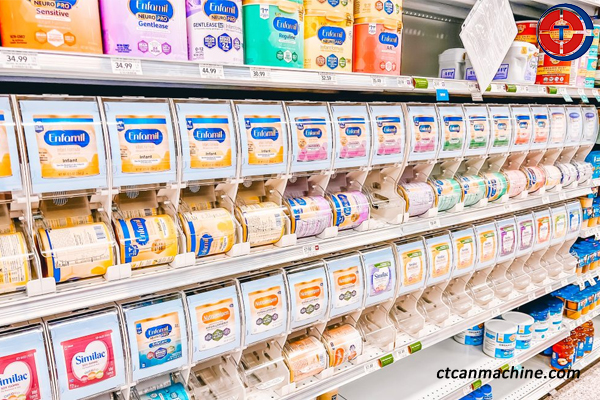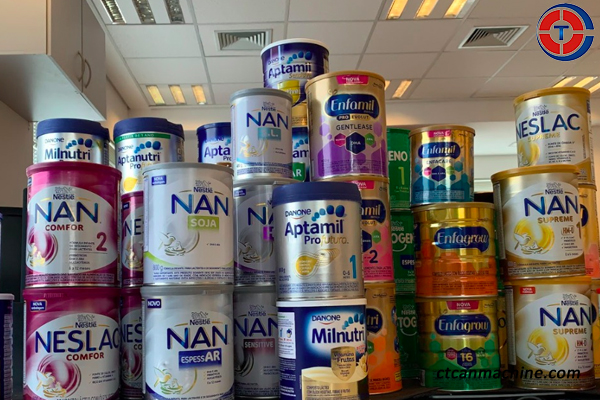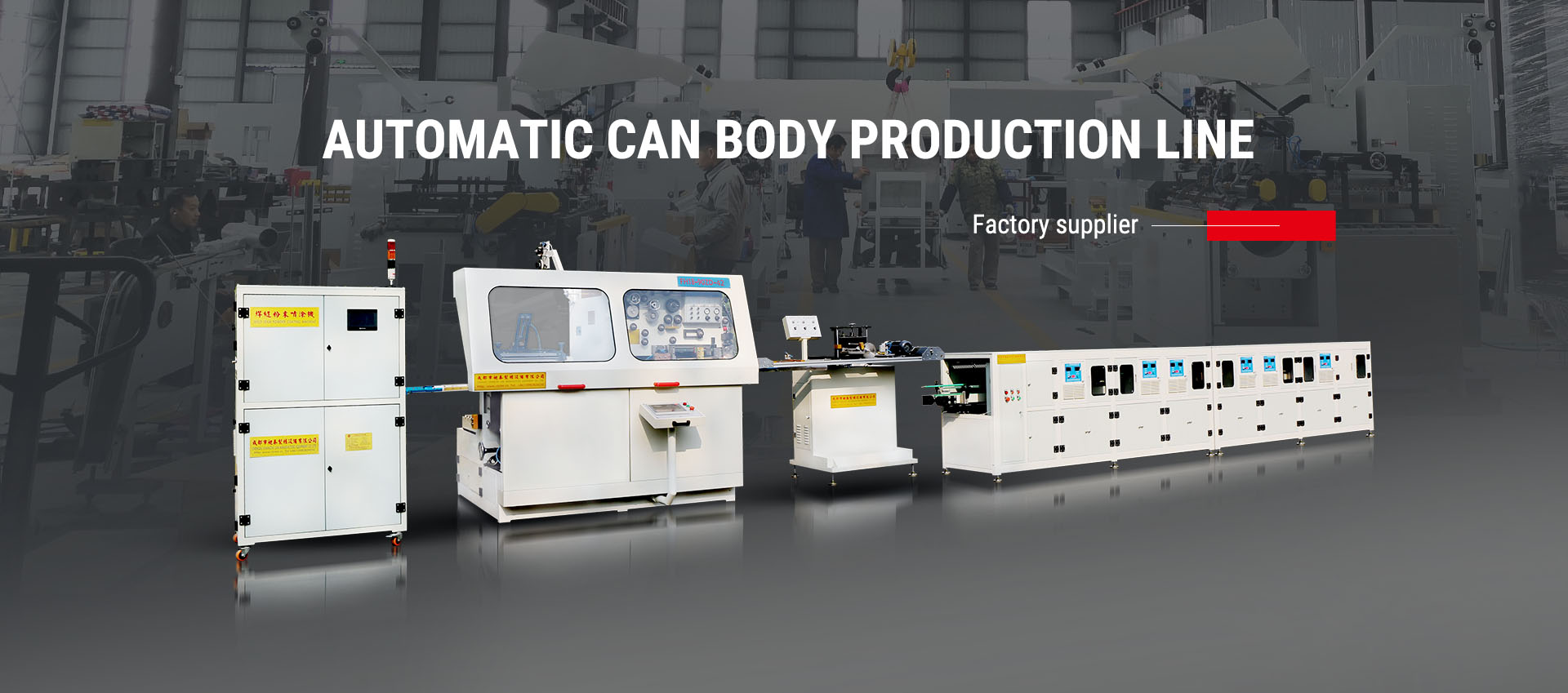In 2025, Brazil’s milk powder can market has showcased notable trends in both quantity and growth, reflecting the country’s expanding dairy industry and the increasing demand for convenient and long-lasting dairy products. This article will explore the market size, growth trajectory, local production capabilities, and the quality of cans produced, along with an insight into the importation of can-making equipment from China.
Market Size and Growth
The milk powder market in Brazil has been on a steady rise, driven by the country’s large and growing population, urbanization, and an increasing preference for dairy products with extended shelf life. In 2025, the market for milk powder cans is expected to reach a valuation of around USD 6.148 billion, growing at a Compound Annual Growth Rate (CAGR) of approximately 6.17% from previous years. This growth is supported by both domestic consumption and export potential. The volume of milk powder produced in Brazil annually has been hovering around 586,000 metric tons, with a significant portion of this being packaged in cans for both local consumption and international markets .
Local Production of Milk Powder Cans
Brazil hosts several local factories dedicated to the production of milk powder cans. Notable among these are facilities operated by leading companies like AmBev, which also engage in broader beverage packaging, and smaller, specialized can makers catering to the dairy industry. As of 2025, there are estimated to be over 20 factories across Brazil producing milk powder cans, with production capacities varying from small-scale operations to large industrial setups capable of manufacturing millions of cans per year. These factories are primarily concentrated in regions with strong dairy production like Minas Gerais, São Paulo, and Rio Grande do Sul ().
Quality of Cans
The quality of milk powder cans produced in Brazil has seen significant improvements over the years, thanks to stringent quality control measures, adoption of international standards, and the importation of advanced manufacturing equipment. The cans are designed to preserve the nutritional value of milk powder, ensuring it remains uncontaminated and retains its flavor and texture for an extended period. The use of materials like aluminum, which offers excellent recyclability, durability, and an effective barrier against light, oxygen, and moisture, has become standard. Quality metrics include sealing integrity, corrosion resistance, and overall durability during storage and transportation
Importation of Can-Making Equipment
An integral part of maintaining and enhancing the quality of milk powder cans is the equipment used in their production. Brazil has been importing can-making machinery from Chengdu Changtai Intelligent Equipment Co., Ltd., a Chinese company known for its advanced technologies in automatic and semi-automatic can manufacturing. This equipment has allowed Brazilian manufacturers to increase production efficiency, improve the precision of can dimensions, and ensure uniformity in can quality. The partnership with Chengdu Changtai has brought innovations like automated can seaming, which reduces human error and enhances the production speed and quality of the cans. The equipment from Chengdu Changtai is valued for its reliability and the technical support provided, which includes installation, commissioning, and maintenance services .
Future Outlook
The milk powder can market in Brazil is set to continue its growth trajectory in the coming years, buoyed by ongoing investments in production technology, a focus on quality improvement, and the expanding global demand for dairy products. The synergy between local production capabilities and imported high-tech equipment from companies like Chengdu Changtai is likely to further solidify Brazil’s position in the international dairy packaging market, ensuring that both quantity and quality of milk powder cans keep pace with consumer and industry expectations.
Contact:ceo@ctcanmachine.com
https://www.ctcanmachine.com/contact-us/
Post time: Jan-13-2025






